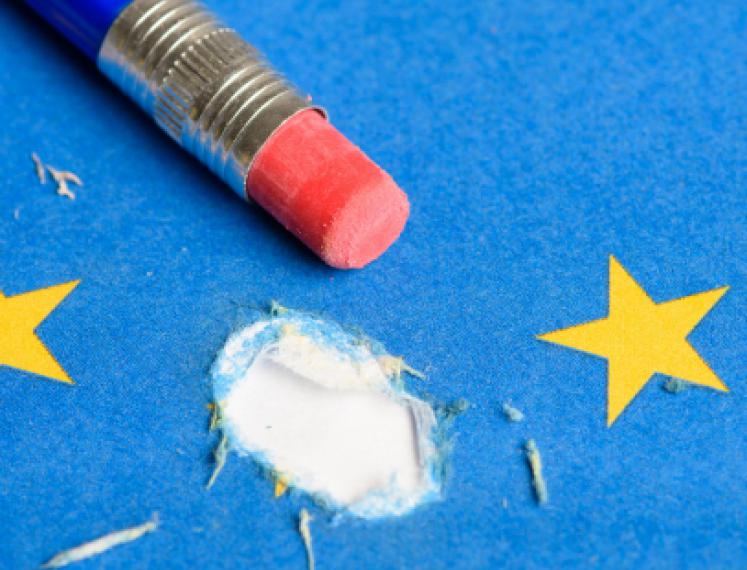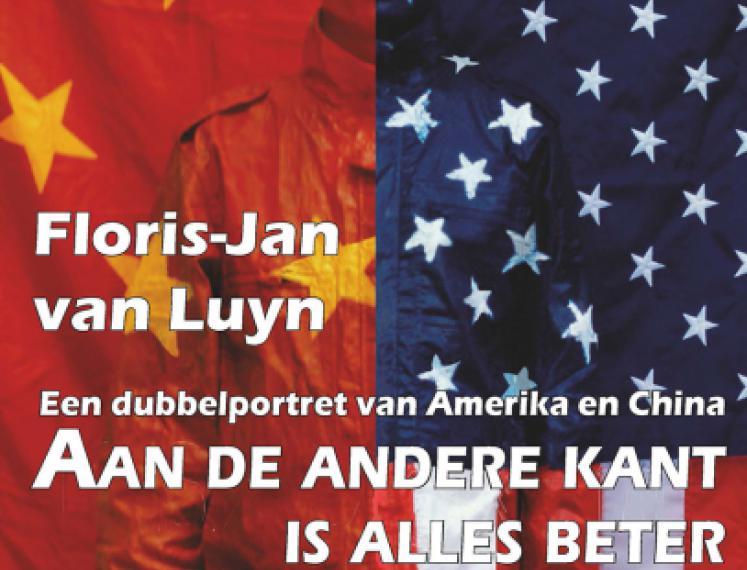
Der Aa-kerk
Akerkhof 2
Groningen
Nederland
Euroscepticism and the future of European integration
Catherine de Vries, Professor of Politics at the University of Essex, will unravel some of the most important societal and political problems facing Europe today, such as the electoral ramifications of the Euro crisis, the rise of Euroscepticism, or the success of extremist parties.
European integration is undergoing a profound transformation. Leaders in Brussels and throughout Europe’s capitals are confronted with a new political reality. At a time when Europe faces some of its biggest economic, political and social challenges since the Second World War, most notably the Eurozone and refugee crises, the integration project itself has become a highly divisive topic amongst domestic publics. The Union faces an existential challenge: the unprecedented development in supranational governance has led to greater public contestation, yet at the same time, the Union is more reliant on public support for its continued legitimacy than ever before. Times are not only changing in Brussels, national elites who feel popular Eurosceptic challengers watching their every move currently find themselves faced with a harsh trade-off between effective crisis management at the European level and securing their next electoral victory at home. Growing public discontent and the rise of Eurosceptic parties may seriously limit the space for political maneuvering both at the European and national level. European elites, much like the founding fathers Monnet and Schumann before them, believe that they are creating an ever closer Union that would enrich the lives of ordinary people, and foster a strong bond to the European project, yet citizens today in ever large numbers are resisting what political and economic masters deem best for them. The question is why?
Catharine de Vries argues that in order to fully grasp public opinion towards Europe and understand its causes and consequences, we need to revisit some core questions about the precise nature of popular sentiment towards European integration. How can we best conceptualize and measure people’s European integration attitudes, and how are they distributed across time and space? Should they be characterized as Eurosceptic, and if so, what does this mean for the future of the integration process? Although the literature has made great strides in attempting to explain trends in public support for European integration, the precise conceptualization and measurement of support have received little scholarly attention. De Vries now develops a benchmark theory of public opinion towards European integration. She does so by connecting insights from behavioral economics and the literature on opinion formation in social psychology. By analyzing existing survey data and presenting novel experimental data from 28 member states, she provides a systematic insight into how people’s European integration attitudes are structured, how they vary across time and space, and how they have very different behavioral implications.
This talk is based on Catherine De Vries’s forthcoming book with Oxford University Press Euroscepticism and the Future of European Integration (published February 2018).
In cooperation with Philosophy, Politics and Economics (Faculty of Philosophy)
This event is supported by Bijzondere Locaties Groningen


